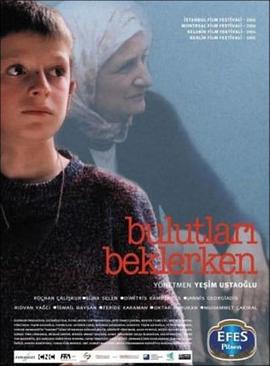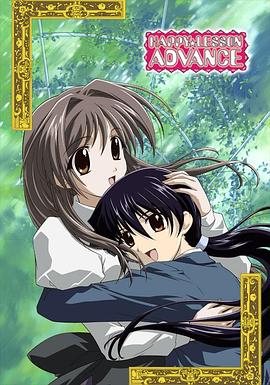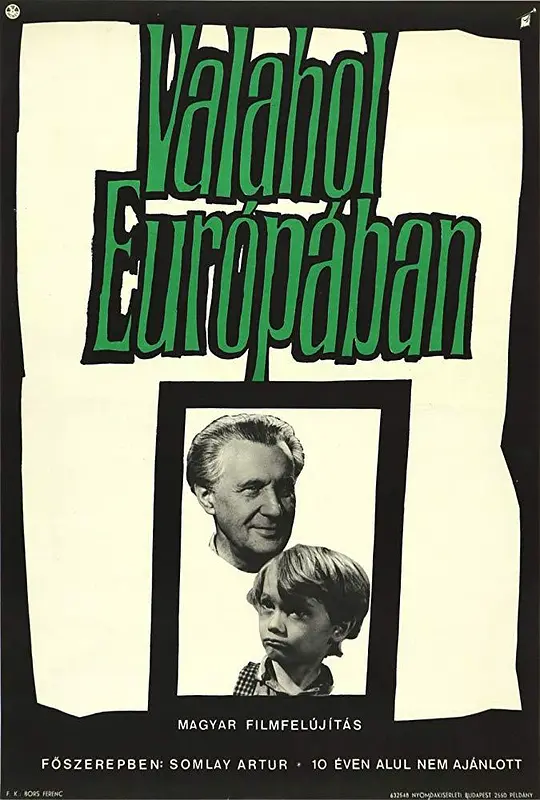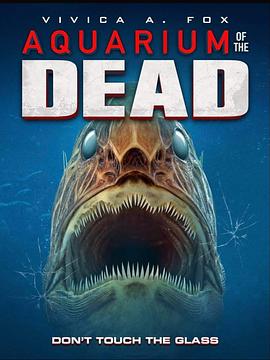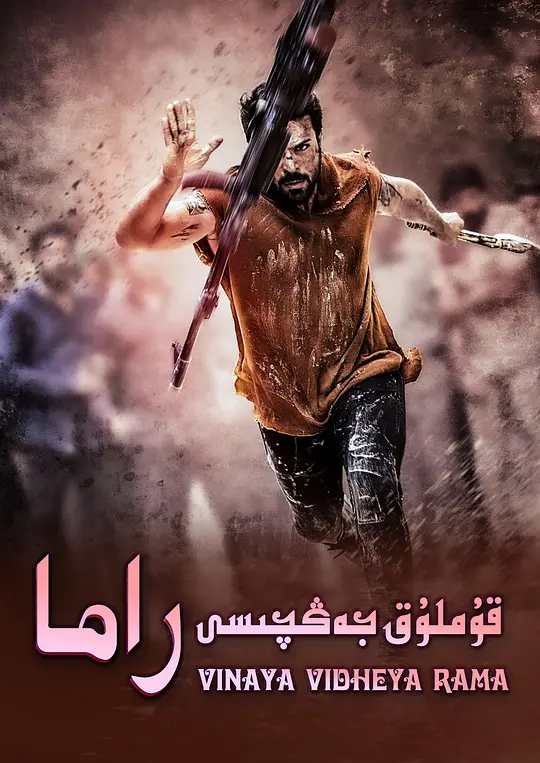搜索词:Ridvan Yagci
等云到
Rüçhan Caliskur,Ridvan Yagci,Dimitris Kaberidis
Ayse/Eleni who is a member of a Greek family in Turkey is forced to immigrate from Trabzon to Mersin in her early ages. However, the events that happen cause her to face her own past.
欢乐课程 ADVANCE
浅野るり,木村亜希子,岸尾大輔,井上喜久子,こやまきみこ,笹島かほる,水樹奈々,島涼香,園崎未恵,仲西環,中川亜紀子
HAPPY★LESSON THE TV续篇的的电视系列。自2003年7月播映至2003年9月,全13话。第9话将THE TV的番外篇直接用来播放。
欧洲的某个地方
Artúr Somlay,Miklós Gábor,Zsuzsa Bánki
Somewhere in the remote region, the war ends. In the midst of ruined cities and houses in the streets, in rural hamlets, everywhere where people still live, are children who have lost their homes and parents. Abandoned, hungry, and in rags, defenseless and humiliated, they wander through the world. Hunger drives them. Little streams of orphans merge into a river which rushes forward and submerges everything in its path. The children do not know any feeling; they know only the world of their enemies. They fight, steal, struggle for a mouthful of food, and violence is merely a means to get it. A gang led by Cahoun finds a refuge in an abandoned castle and encounters an old composer who has voluntarily retired into solitude from a world of hatred, treason, and crime. How can they find a common ground, how can they become mutual friends? The castle becomes their hiding place but possibly it will also be their first home which they may organize and must defend. But even for this, the price will be very high. To this simple story, the journalist, writer, poet, scriptwriter, movie director, and film theoretician Béla Balázs applied many years of experience. He and the director Géza Radványi created a work which opened a new postwar chapter in Hungarian film. Surprisingly, this film has not lost any of its impact over the years, especially on a profound philosophical level. That is to say, it is not merely a movie about war; it is not important in what location and in what period of time it takes place. It is a story outside of time about the joyless fate of children who pay dearly for the cruel war games of adults. At the time it was premiered, the movie was enthusiastically received by the critics. The main roles were taken by streetwise boys of a children's group who created their roles improvisationally in close contact with a few professional actors, and in the children's acting their own fresh experience of war's turmoil appears to be reflected. At the same time, their performance fits admirably into the mosaic of a very complex movie language. Balázs's influence revealed itself, above all, in the introductory sequences: an air raid on an amusement park, seen in a montage of dramatic situations evoking the last spasms of war, where, undoubtedly, we discern the influence of classical Soviet cinematography. Shooting, the boy's escape, the locomotive's wheels, the shadows of soldiers with submachine guns, the sound of a whistle—the images are linked together in abrupt sequences in which varying shots and expressive sharp sounds are emphasized. A perfectly planned screenplay avoided all elements of sentimentality, time-worn stereotypes of wronged children, romanticism and cheap simplification. The authors succeeded in bridging the perilous dramatic abyss of the metamorphosis of a children's community. Their telling of the story (the scene of pillaging, the assault on the castle, etc) independently introduced some neorealist elements which, at that time, were being propagated in Italy by De Sica, Rossellini, and other film artists. The rebukes of contemporary critics, who called attention to "formalism for its own sake" have been forgotten. The masterly art of cameraman Barnabás Hegyi gives vitality to the poetic images. His angle shots of the children, his composition of scenes in the castle interior, are a living document of the times, and underline the atmosphere and the characters of the protagonists. The success of the picture was also enhanced by the musical art of composer Dénes Buday who, in tense situations, inserted the theme of the Marseilaise into the movie's structure, as a motive of community unification, as an expression of friendship and the possibility of understanding. Valahol Europaban is the first significant postwar Hungarian film. It originated in a relaxed atmosphere, replete with joy and euphoria, and it includes these elements in order to demonstrate the strength of humanism, tolerance, and friendship. It represents a general condemnation of war anywhere in the world, in any form.
头号外交官
凯丽·拉塞尔,卢夫斯·塞维尔,大卫·吉亚西,罗里·金尼尔,奥托·艾森度,阿丽·安,Jon Moore,Adam Silver,巴夫·乔希,埃里克·蒂德,安娜·弗兰科利尼,Joey Eden,西莉亚·伊姆里,佩妮·唐尼,黛博拉·卡恩,希滕·珀泰尔,安德鲁·G·奥格尔比,米盖尔·桑多瓦尔,奥利弗·莫尔特曼,礼萨·迪亚科,毕扬·丹斯曼,James Beaumont,马克·贾尼塞洛,戴纳·哈克乔,Melissa Advani,珀尔·麦基,吉安尼·卡尔切蒂
凯特·怀勒(凯丽·拉塞尔饰)是新任美国驻英国大使。原本应该去阿富汗的她在危机地区如鱼得水,而在一座历史悠久的房子里…就没那么自在了。战争在一片大陆上酝酿,在另一片大陆上沸腾。凯特不得不化解国际危机,在伦敦建立战略联盟,并适应她在聚光灯下的新位置 — 与此同时,她还要努力维持与职业外交官兼政治明星哈尔·怀勒(卢夫斯·塞维尔饰)的婚姻。《头号外交官》由剧集主管黛博拉·卡恩(《白宫风云》《国土安全》)打造,是一部危机四伏的当代政治剧情片,讲述了国家和人民之间长期动荡的关系。其他主演阵容还包括大卫·吉亚西、阿丽·安、罗里·金尼尔和奥托·艾森度,黛博拉·卡恩、贾尼丝·威廉斯和凯丽·拉塞尔共同担任监制。
亡者之湿
D.C.道格拉斯,Erica Duke,Eva Ceja,安东尼·詹森,杰弗里·托马斯,Madeleine Falk,Ash Dadvand,Torrey B. Lawrence,Rishi Arya,Anna Telfer,Brandon Lee W.,Robert Contrado,薇薇卡·福克斯
一个巨大的不幸降临在游览水族馆的毫无戒心的人类身上,他们被迫为自己的生命而战,因为一个反常的科学事故导致水生生物变成了嗜血的丧尸。
